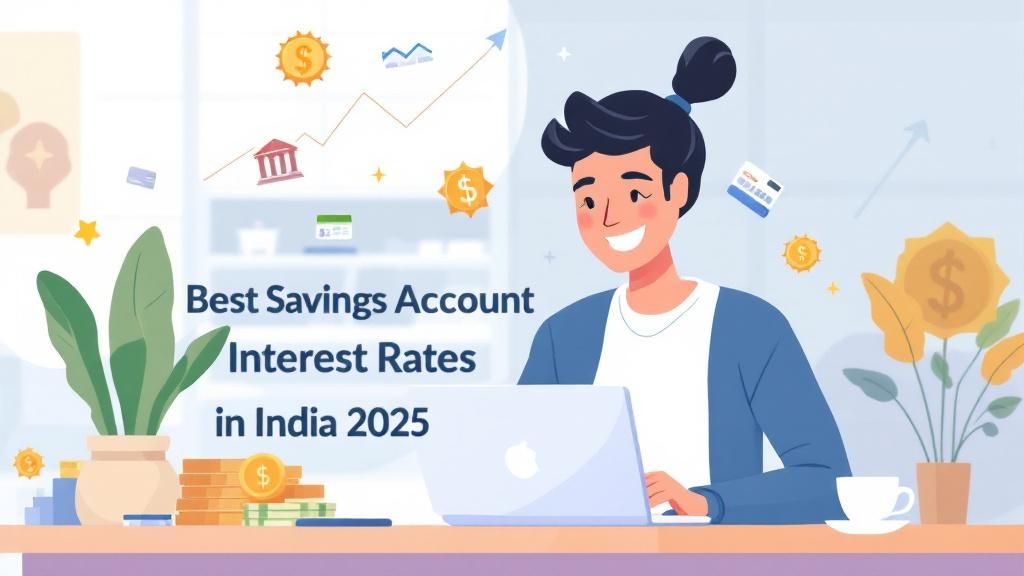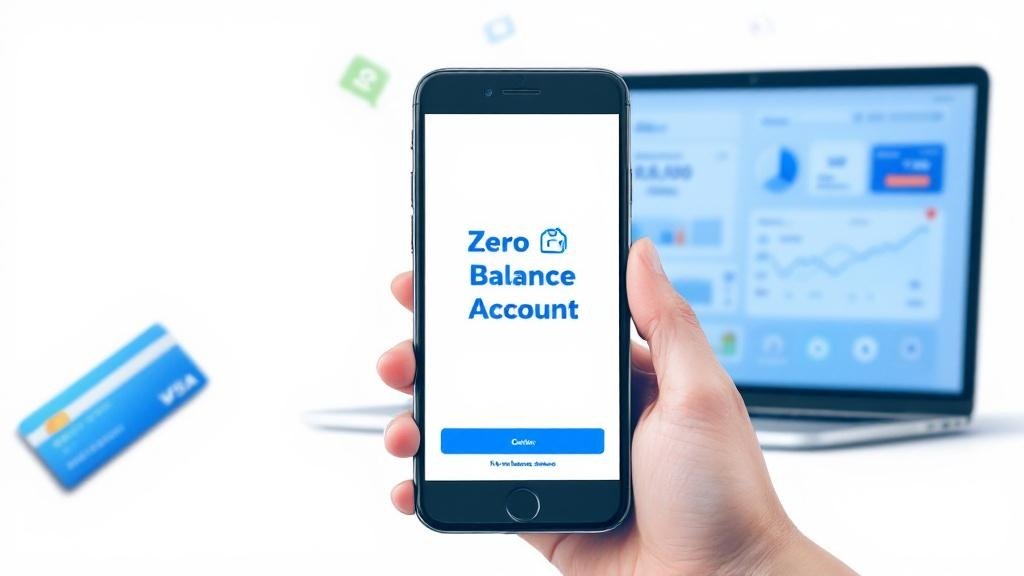Health insurance is a crucial tool for safeguarding ourselves and our loved ones against the rising cost of medical care. But what if you could access health coverage with no premium payments? Sounds too good to be true, right? Well, let’s dive into the world of zero premium health insurance and find out if it’s a legitimate option or just another myth.
In this article, we’ll discuss everything you need to know about zero premium health insurance—what it is, who qualifies for it, and whether it’s available in India. We’ll also address some frequently asked questions, breaking down the facts and busting the myths surrounding “no-cost” health plans.
What Is Zero Premium Health Insurance?
Zero premium health insurance refers to policies where the insured individual is not required to pay any premium for the coverage. In other words, it’s a health insurance plan that provides coverage without the usual premium payment, which can be a significant financial burden for many people.
However, while the idea of a no-cost health insurance policy might sound appealing, it’s essential to understand how these plans work and the conditions attached to them.
How Do Zero Premium Health Insurance Plans Work?
Although the term “zero premium” may seem to suggest you don’t pay anything at all, there are typically several nuances involved:
Government-Sponsored Health Insurance: In many cases, zero premium plans are government-backed and designed to provide essential health coverage for underprivileged groups, including low-income families, the elderly, and people with disabilities. These plans are funded through government subsidies, so the government bears the cost of premiums on behalf of the beneficiaries.
Premium Waiver Plans: Some insurance providers offer “premium waiver” options as part of a health insurance policy, particularly for those who qualify based on their income, age, or other factors. Essentially, the insurance provider waives the premiums for individuals who meet specific eligibility criteria.
Employer-Sponsored Health Insurance: Certain companies provide health insurance plans to employees at no cost. In such cases, the employer pays the premiums, and the employee enjoys health coverage without any financial burden. However, this is limited to employer-sponsored insurance schemes.
Health Subsidy Programs: In some countries, there are health subsidy programs that cover medical costs for those who cannot afford insurance. These programs may cover either part of or the entire premium cost.
Zero Premium Health Insurance Plans in India
India has made great strides in improving healthcare access for its citizens, especially the underprivileged. One of the major steps taken in this direction is the implementation of government health schemes like Ayushman Bharat, which aims to provide health coverage for millions of low-income families across the country.
Ayushman Bharat (PMJAY) – India’s Largest Health Insurance Scheme
Under the Ayushman Bharat scheme, also known as Pradhan Mantri Jan Arogya Yojana (PMJAY), eligible beneficiaries can avail themselves of cashless medical treatment for a wide range of illnesses. The government covers the premiums for these individuals, making it a form of zero premium health insurance. The benefits include:
Coverage of up to INR 5 Lakh per family: This includes hospitalization, surgery, and other essential medical treatments.
No Premium Payments: Beneficiaries don’t need to pay any premium for the health coverage.
Cashless Treatment: Beneficiaries can avail of treatment at empanelled hospitals without any out-of-pocket expenses.
Who Is Eligible for Zero Premium Health Insurance?
Eligibility for zero premium health insurance is primarily based on factors like income, age, and employment status. Here are some common eligibility criteria:
Low-Income Groups: People with an annual income below a specific threshold are often eligible for government-sponsored zero premium plans like Ayushman Bharat. These individuals may not be able to afford traditional health insurance premiums.
Senior Citizens: Some government schemes provide free or heavily subsidized health insurance for senior citizens, which often comes with zero premium plans.
Families in Need: Families facing financial hardships or living below the poverty line may qualify for zero-cost health coverage under social welfare programs.
Employees of Certain Organizations: Some large organizations provide free health insurance for their employees as a part of their benefits package.
Can You Get Health Insurance With No Premium Payments?
Yes, but it’s essential to note that “zero premium” does not mean there are no costs associated with healthcare. Even with zero premium plans, individuals may still have to bear certain costs:
Co-payments: A portion of the medical expenses may still be the responsibility of the insured.
Limited Network: Some zero premium plans may have restrictions on which hospitals or clinics are covered under the policy.
Caps on Coverage: Zero premium plans may offer lower coverage limits compared to premium-paying policies.
Advantages of Zero Premium Health Insurance
Accessibility for All: Zero premium health insurance is an essential option for those who may not otherwise afford coverage. It ensures that everyone, regardless of income, has access to medical care.
Cashless Treatment: With government-backed zero premium insurance plans, beneficiaries don’t need to worry about upfront costs, as the insurer settles the bills directly with healthcare providers.
Health Coverage Without Financial Stress: Zero premium insurance provides peace of mind, as individuals don’t need to manage monthly premium payments.
Disadvantages of Zero Premium Health Insurance
Limited Coverage: Zero premium plans often come with limited coverage, which might not meet all the needs of the insured, especially in cases of critical illnesses.
Eligibility Restrictions: Zero premium plans are typically available only to low-income families, senior citizens, and certain employee categories. People outside these groups may not qualify.
Reduced Provider Networks: Some zero premium plans may restrict policyholders to specific healthcare providers, limiting their choice of hospitals or doctors.
FAQs About Zero Premium Health Insurance
1. Is Zero Premium Health Insurance Available in India?
Yes, zero premium health insurance is available in India through government-backed schemes like Ayushman Bharat (PMJAY), which provides coverage to low-income families and individuals.
2. How Do Zero Premium Health Insurance Plans Work?
Zero premium health insurance plans are often government-sponsored, where the premiums are paid by the government for eligible individuals. In some cases, employers or healthcare providers may also offer zero premium plans.
3. Are There Any Hidden Costs with Zero Premium Health Insurance?
While there are no premium payments, zero premium plans may have co-payments, limited coverage, or restrictions on hospital networks. These costs should be considered before opting for such plans.
4. Can I Get Free Health Insurance Without a Premium?
Yes, government schemes like Ayushman Bharat offer free health coverage to eligible individuals. Some employer-sponsored health plans also cover the premium cost for employees.
5. How Can I Qualify for Zero Premium Health Insurance in India?
To qualify for zero premium health insurance in India, you typically need to fall into a specific category, such as a low-income family, a senior citizen, or a person with disabilities. You can check your eligibility through government portals or by contacting insurance providers.
6. Are There Any Health Insurance Subsidy Programs?
Yes, various health insurance subsidy programs, such as Ayushman Bharat and state-sponsored health schemes, help individuals access affordable or zero-premium health insurance.
7. Are Zero Premium Plans the Same as Free Health Insurance?
While zero premium plans are often referred to as “free,” they may have certain limitations like co-payments, restricted coverage, and limited provider networks. It’s essential to understand these factors before enrolling.







Comments (0)